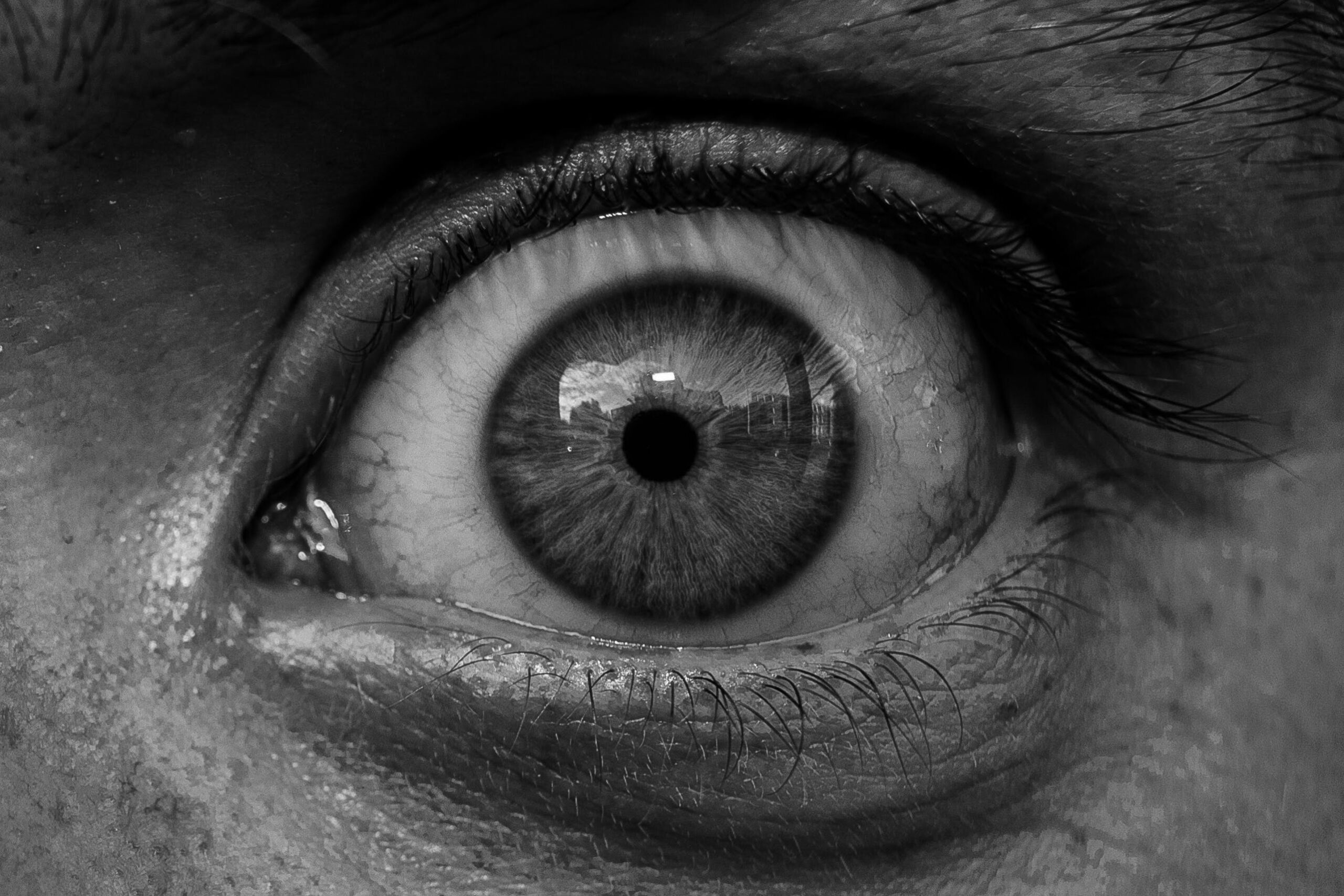The human eye, a marvel of optical precision, can sometimes lose its shape. One such condition, keratoconus, causes the normally dome-shaped cornea to thin and bulge, distorting vision and causing blurry, distorted vision. For individuals facing this challenge, hope shines through a groundbreaking procedure called corneal cross-linking (CXL). This minimally invasive treatment strengthens the cornea, halting its progression and potentially restoring clearer vision.
Understanding the Enemy: Demystifying Keratoconus
Keratoconus, affecting roughly 1 in 2,000 people, typically begins in the teenage years or early adulthood. As the cornea thins and bulges, light rays entering the eye bend more than usual, leading to:
- Blurred or cloudy vision, especially in bright light.
- Glare and sensitivity to light.
- Irregular astigmatism, requiring frequent changes in glasses or contact lens prescriptions.
- Advanced cases may experience distorted vision, double vision, and even corneal scarring.
A Game-Changer in Sight: The Rise of Corneal Cross-Linking
Traditionally, keratoconus treatment primarily involved corrective lenses like glasses or contact lenses, and in severe cases, corneal transplants. However, corneal cross-linking emerged as a game-changer, offering a minimally invasive and potentially vision-saving solution.
Here’s how CXL works:
- Riboflavin application: Eye drops containing riboflavin, a vitamin B2 derivative, are applied to the numbed cornea.
- Ultraviolet light activation: A special ultraviolet (UV) light is used to activate the riboflavin within the cornea.
- Strengthening the collagen: The activated riboflavin creates new cross-links between collagen fibers in the cornea, stiffening and strengthening its structure.
Benefits of Corneal Cross-Linking
- Halts progression of keratoconus: CXL prevents the cornea from further thinning and bulging, stabilizing vision.
- Improves vision in some cases: Studies have shown that CXL can improve vision in some individuals, particularly in early stages of the disease.
- Reduces dependence on corrective lenses: By stabilizing the cornea, CXL can potentially decrease reliance on glasses or contact lenses.
- Minimally invasive procedure: CXL is an outpatient procedure with minimal discomfort and a relatively short recovery time.
- Safer alternative to corneal transplants: For early to moderate keratoconus, CXL offers a safer and less invasive alternative to corneal transplants.
Shining a Light on Hope: CXL in Karachi
For residents of Karachi, Pakistan, facing keratoconus, numerous eye hospitals are equipped with the technology and expertise to offer corneal cross-linking. These facilities boast skilled surgeons and state-of-the-art equipment, making CXL a viable option for individuals seeking to halt the progression of their condition and potentially improve their vision.
Finding the Right Path: Choosing the Best Eye Hospital in Karachi for CXL
With various hospitals offering CXL in Karachi, choosing the right facility is crucial. Look for these qualities:
- Experienced and qualified surgeons: Opt for hospitals with surgeons trained specifically in CXL and possessing extensive experience in treating keratoconus.
- Advanced technology: Modern equipment like UV light sources and corneal topography instruments ensure precision and optimal results.
- Comprehensive pre-operative evaluation: A thorough assessment of your eye health, keratoconus severity, and overall suitability for CXL is essential.
- Personalized care and dedicated: Choose a hospital that prioritizes open communication, addresses your concerns, and provides compassionate support throughout your journey.
Eye Hospitals in Karachi: Illuminating a Brighter Future
For individuals in Karachi battling keratoconus, eye hospitals equipped with CXL technology offer a beacon of hope. These facilities, with their skilled surgeons and cutting-edge technology, empower individuals to take control of their vision and embrace a future free from the limitations of progressive keratoconus.
Remember: This article is for informational purposes only and should not be construed as medical advice. Please consult with a qualified ophthalmologist at an eye hospital in Karachi to discuss your individual situation and determine if corneal cross-linking is the right treatment option for you.




